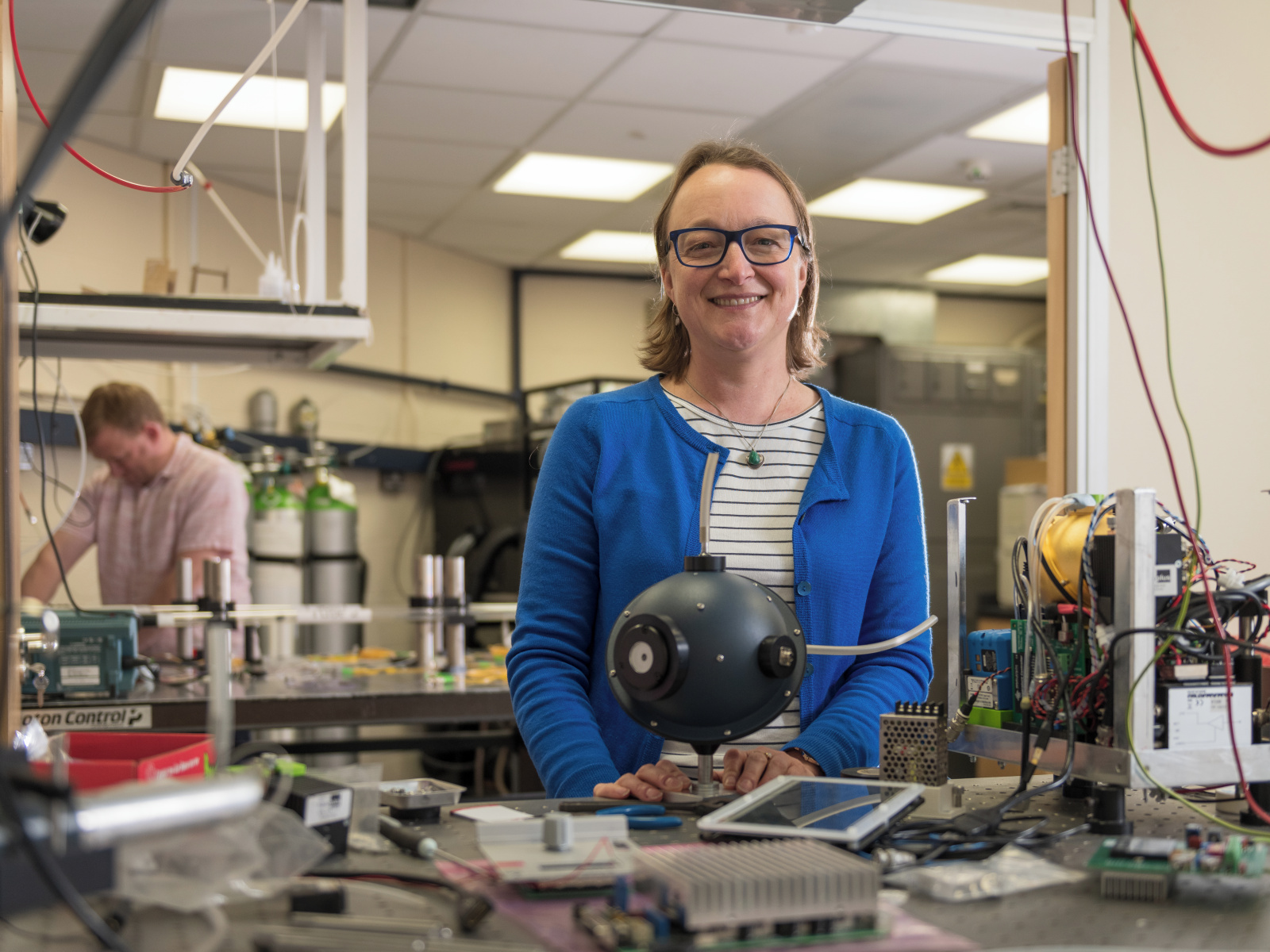Dr Jane Hodgkinson and Dr Rachael Hazael have been highly commended as finalists, finishing in the top 100 of the prestigious 2023 Top 50 Women in Engineering (WE50) awards.
The WE50 awards, which are backed by the Women’s Engineering Society, are a UK event linked to International Women in Engineering Day (INWED) – the celebration of women in engineering that takes place on 23 June each year.
This year the awards are celebrating safety and security, highlighting the work that female engineers around the world are doing to support lives and livelihoods every day.
Professor Karen Holford CBE FREng, Chief Executive and Vice-Chancellor of Cranfield University, said: “We are thrilled to celebrate the remarkable accomplishments of two colleagues today. Having personally experienced the honour of being included in the inaugural Top 50 list in 2016, I understand the significance of this recognition.
“Jane and Rachael are exceptional role models for aspiring engineers, and their diverse areas of expertise reflect the broad spectrum and excellence of engineering research at Cranfield."
Dr Jane Hodgkinson
Dr Jane Hodgkinson is a Reader in Applied Photonics in the Centre for Engineering Photonics at Cranfield University. Jane was selected as a WE50 highly commended finalist for her work developing new sensors, focused on saving or improving lives.
Sensors using her design have been successfully commercialised for use in industrial safety contexts, preventing accidents and loss of life resulting from dangerous emissions of carbon dioxide (an asphyxiant) and methane (explosive, as well as a potent greenhouse gas).
Jane said: “I am honoured to be selected as a finalist among the top 100 women in engineering. This recognition emphasises the important role that optical sensing technologies play in health and safety.”
Dr Rachael Hazael
Dr Rachael Hazael is a Senior Lecturer in Advanced Protective Materials at Cranfield Forensic Institute. Her research focuses on the response of materials to impact and blast events within both security and defence contexts. This includes investigating the impact of improvised explosive device (IED) blasts on personal protective equipment (PPE); designing carbon zero soft armour vests; finding sustainable alternatives to ballistic gelatine; and progressing understanding of emerging threats to civilian and security personnel and the implications on current protection.
Rachael said: “This recognition not only celebrates my personal achievements, but also emphasises the limitless potential of female engineers. As a mother myself, I am driven by the desire to inspire future generations of women to pursue their passions, break barriers, and make a lasting impact.”

.ashx?h=1200&w=1600&la=en&hash=6C1BC725897D9416059E442A62D2EB618F7F2133)

